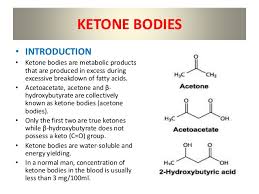
Image from the HeartMath Institute Website
In this posting, we discuss Heart Rate Variability (HRV) and its potential profound effects on general health – and specific health issues.
Overview
Here is an overview of the concept of HRV from the Tropos Therapeutic Center in Wichita, Kansas:
What is Heart Rate Variability and Why is it important?
Prior to the early 70’s, researchers believed that the brain was the control center for all organs in the body. Then some new research began to show that the heart has its own nervous system, its own intelligence, and that the brain and heart are in a two way communication link, influencing each other in a synchronized dance.
Heart rate variability (HRV) refers to the beat-to-beat alterations in heart rate or pulse. HRV is now understood to be reflective of inner emotional states and level of stress.
Research on HRV has shown that disturbed emotional states lead to increased disorder in the heart’s rhythms and in the autonomic nervous system, thereby adversely affecting the rest of the body. Alternately, positive emotions create increased harmony and coherence in heart rhythms. Increased coherence improves balance in the nervous system and the whole body’s functioning.


